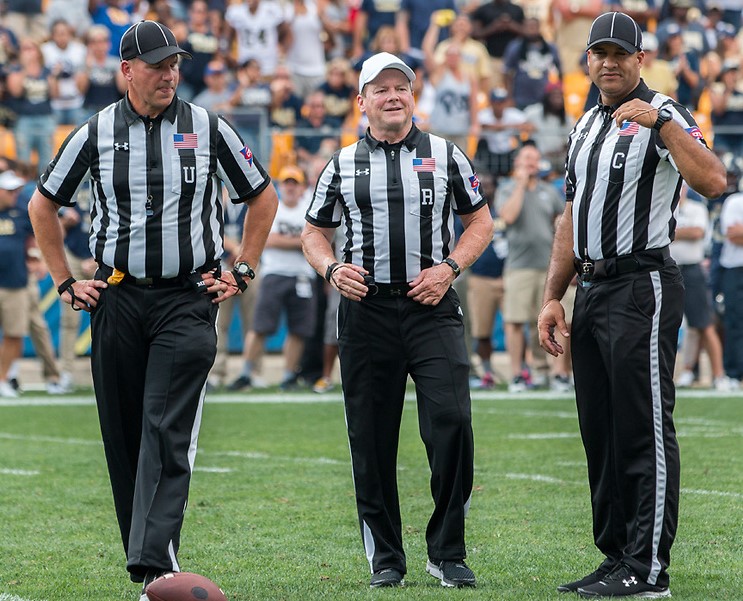
In the high-stakes arena of college football dreams can be realized and legends created, yet the outcome of the game often hinges on a single play. One pivotal moment can elevate a player to stardom or cost them millions in the draft. With the introduction of Name, Image, and Likeness and the popularity of fantasy sports and legalized gambling, a single completion, penalty, kick, or stop can lead to significant financial repercussions for gamblers and casinos alike. Unfortunately, poor officiating has marred countless moments, leaving players, coaches, and fans frustrated. While bad calls are not new to the sport, their prevalence is on the rise.
As we examine the young 2024 college football campaign, the failure of officials to make accurate calls has potentially derailed some teams’ road to glory while bolstering or maintaining the status of their opponents. For instance, Georgia’s victory over Kentucky, which preserved their then perfect record, can be attributed in large part to questionable officiating. However, bad calls in Illinois underdog victory over an up-and-coming Nebraska squad, including a critical no-call on a late hit out of bounds, played a significant role in that game’s outcome. Notre Dame also benefited from favorable calls, with bad spots and a missed targeting penalty overshadowing an otherwise competitive ACC matchup and reminding many Louisville fans of the favoritism once reserved for the Clemson Tigers.
The defending national champions, the Michigan Wolverines, have found themselves on the gift end of numerous controversial calls in consecutive games this season. In their matchup against USC, officials missed multiple crucial calls, including a delay of game on a critical fourth-and-short that could have halted a drive, and later granted a questionable spot on another fourth-and-short. This trend continued in their game against Minnesota, where a late Gophers onside kick recovery was overturned due to a dubious offsides call which gave the Wolverines the ball and secured the victory. Likewise, Virginia Tech’s late touchdown against Miami was invalidated by a controversial call, preventing the Hurricanes from suffering their first loss of the season. When will this cycle of questionable officiating end, and why are these egregious misses becoming more the rule than the exception?
Buckeye fans have witnessed bad officiating rob Ohio State of a national championship opportunity on two separate occasions in recent history in 2019 versus Clemson and in 2021 versus Georgia. As recently as last year, a team won a national title under dubious circumstances without consequences. Increasingly, games appear to hinge on officiating decisions that some argue are questionable at best. The outcry from teams feeling wronged this season has intensified, with calls for investigations and accountability for officials who are unjustly influencing outcomes.
Is the surge in name, image, and likeness (NIL) deals, along with the widespread acceptance of sports gambling, corrupting the pool of officiating candidates? Or are these officials simply incompetent? Either way, it is time for the NCAA to intervene and address this concerning issue.
While bad officiating has been a part of college football since its inception, it can no longer be acceptable. We are in an era where a single error can not only dramatically alter the trajectory of a season but can affect a program for years. Players can sit out, red shirt themselves for non-medical reasons, enter the transfer portal all because of a single innocuous play in a single game. Coaches can lose their jobs because an official altered the outcome of a game. As the game, culture, and business of college football continues to evolve, the conversation surrounding officiating remains crucial. Fans, players, and coaches alike yearn for accountability and transparency in the hopes of preventing egregious errors that potentially due irreparable harm to the sport. In a game where every second matters, and where inches can decide a season, maintaining the integrity of officiating is essential for the good of college football.
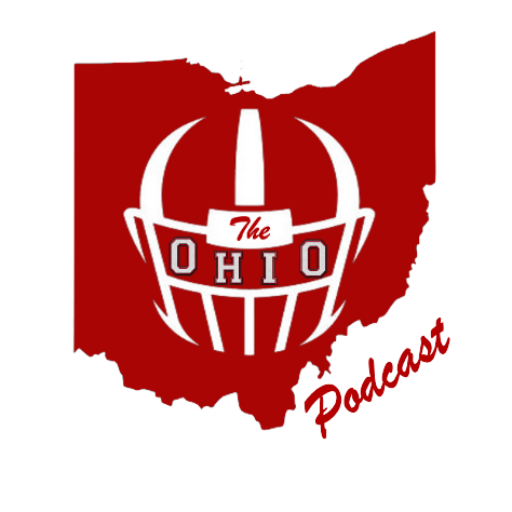

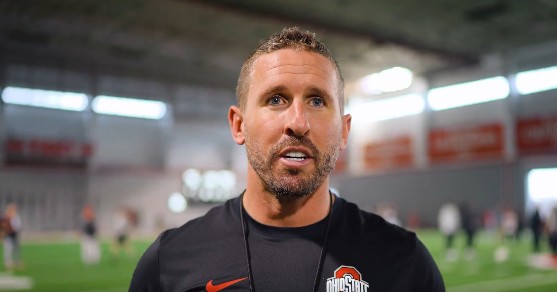
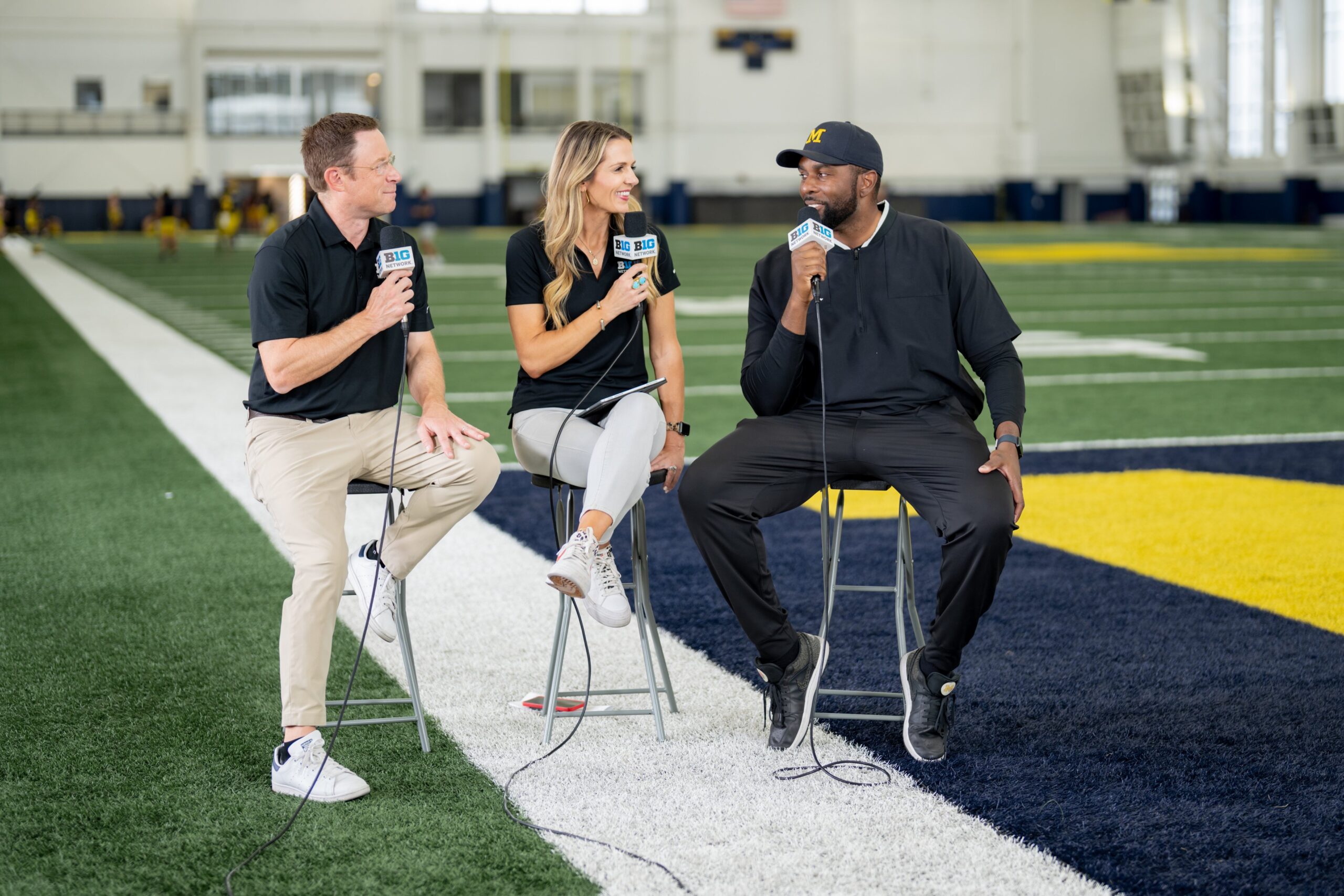
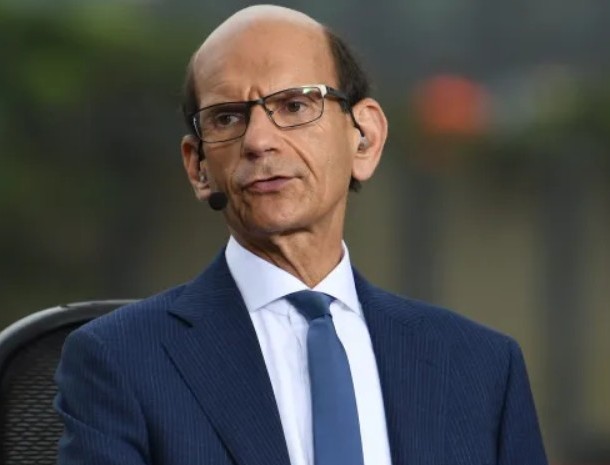
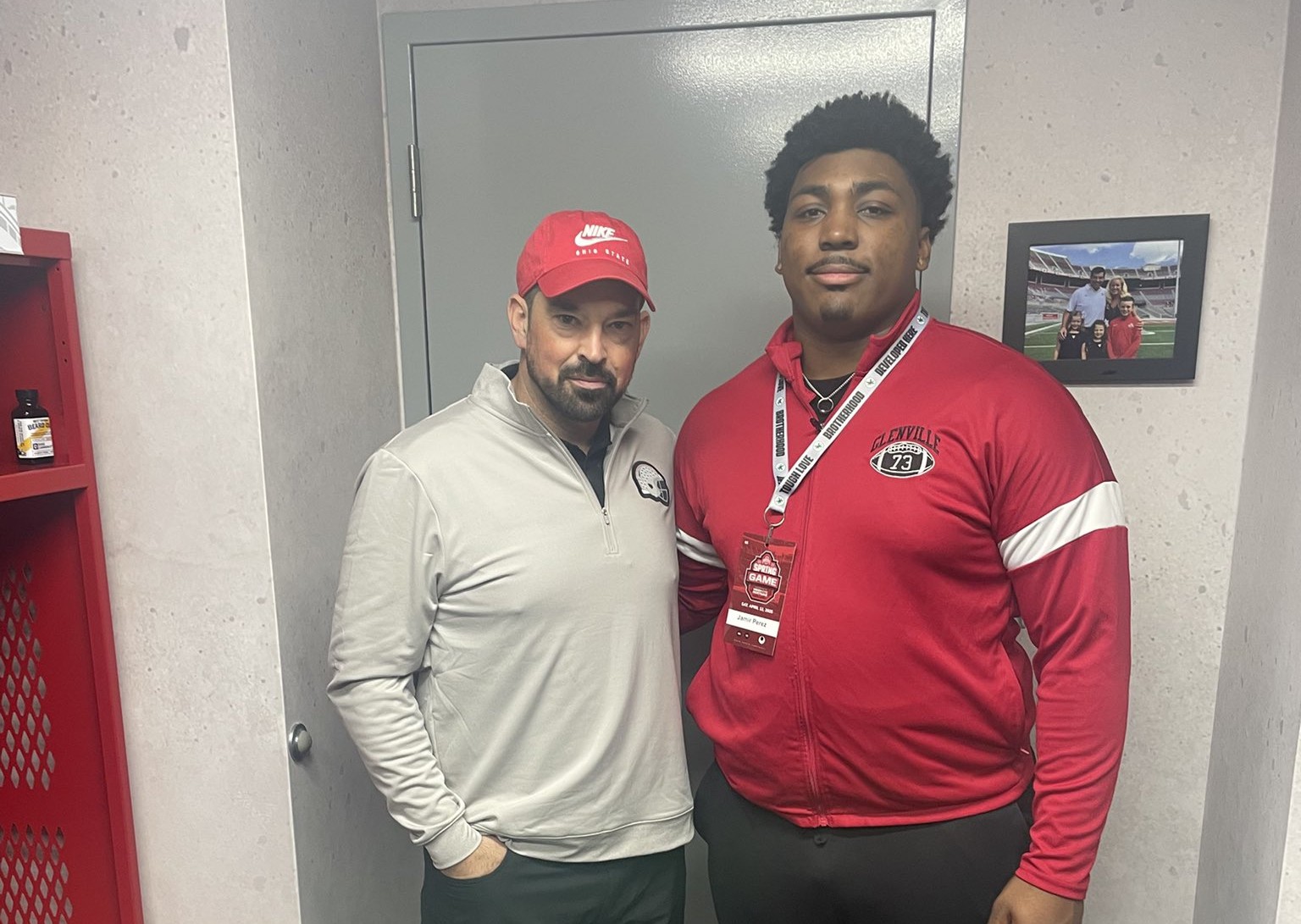
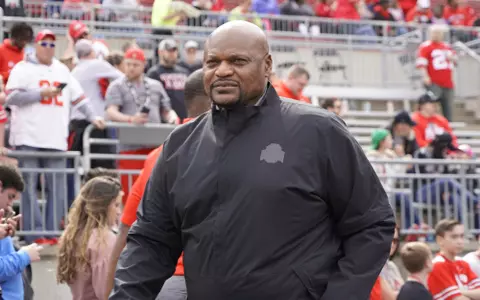
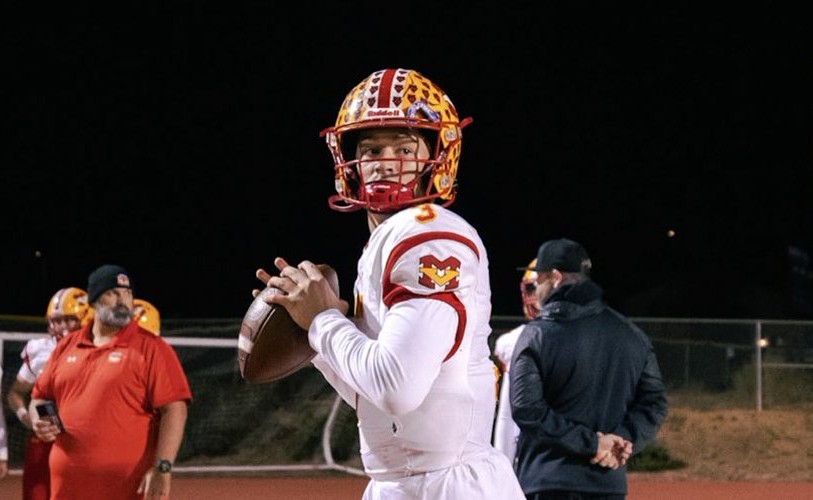



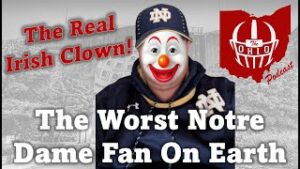
[…] Whistles and Woes: The Growing Concern of Bad Officiating in College Football […]
[…] Whistles and Woes: The Growing Concern of Bad Officiating in College Football […]